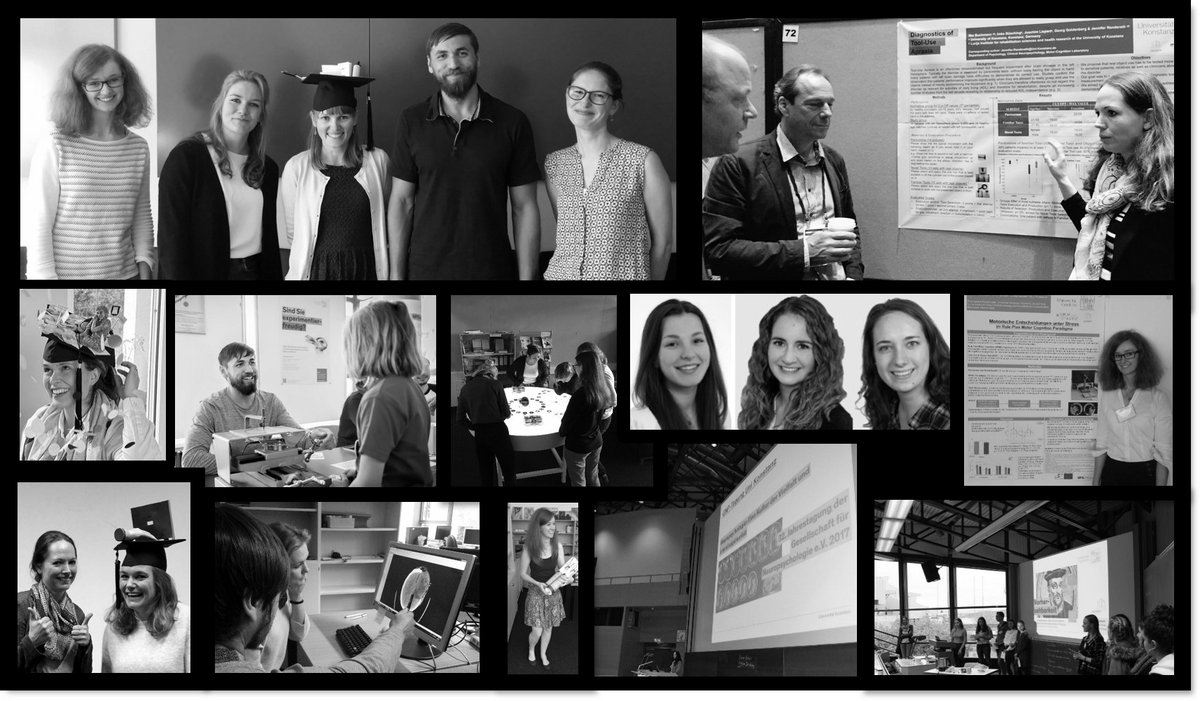Single Case report on Trichotillomania with accompanying manual
Short-term intervention complemented by wearable technology improves Trichotillomania - a naturalistic single-case report
We are proud to announce: Our single case report with the title "Short-term intervention complemented by wearable technology improves Trichotillomania - a naturalistic single-case report" with our former team-member Konstantin Leibinger as the first author is now accepted for publication in Frontiers in Psychology: https://www.frontiersin.org/articles/10.3389/fpsyg.2023.1071532/full
You can already acces the brief manual with relevant information on the intervention here: link to manual
Randerath, J., & Leibinger, K. (2023). Integrative Trichotillomania Therapy: A brief manual (1 ed.).
Konstanz: Lurija Institute at the University of Konstanz. https://doi.org/10.48787/kops/352-2-bnp1hvnzrrvr2
Acknowledgement: This study was funded by an intersectional programme of the Zukunftskolleg at the University of Konstanz supported by the Excellence Strategy of the German Federal and State Governments at the University of Konstanz. The Open Access fee will be covered by the University of Vienna. We thank the psychologists Alexandra Christian for sharing her impressions about the procedure at the beginning of the study and Sarah Tholl for her helpful comments on our last draft. We also would like to thank the anonymous participant for the valuable contribution to research and the reviewers for contributing to a better version of the manuscript.

